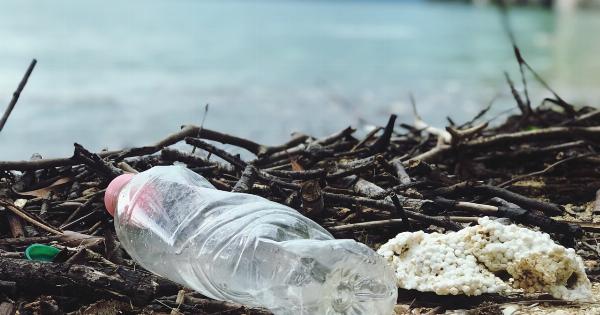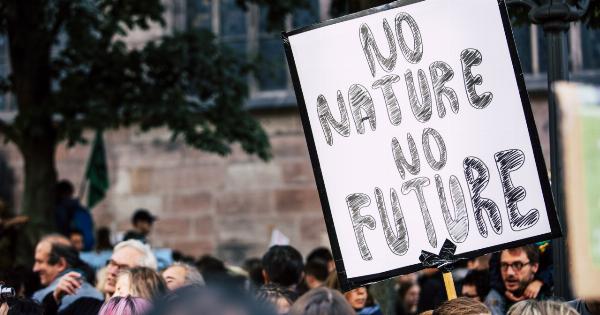Over the years, plastic has become an integral part of our daily lives. It is inexpensive, lightweight, and durable, making it an ideal material for packaging, and it is used in a wide range of consumer products, from bottled drinks to carpeting.
Unfortunately, the widespread use of plastic has also led to a global plastic crisis, with the UK being among the worst hit.
What is the UK’s Plastic Crisis?
The UK’s plastic crisis has reached a critical point, with an estimated 2.26 million tons of plastic waste produced each year. A significant percentage of this waste ends up in landfills, where it can take hundreds of years to break down.
Furthermore, plastic waste that is not disposed of correctly can end up in the natural environment, where it can cause significant harm to wildlife and ecosystems.
The Scope of the Problem
Single-use plastic is one of the biggest contributors to the plastic crisis, with items like water bottles, plastic straws, and takeaway food packaging being some of the most commonly used and discarded.
The UK alone uses an estimated 7.7 billion plastic water bottles every year, with only a fraction of these being recycled. Furthermore, much of the plastic packaging used in supermarkets and other retailers is non-recyclable, adding to the problem.
The Environmental Impact
Plastic waste not only pollutes the natural environment, but it also harms wildlife. Different creatures, from marine to terrestrial animals, often mistake plastic for food, with tragic consequences.
Many birds, for example, are unable to digest plastic, leading to starvation and death. Marine mammals can also become entangled in plastic waste, causing injury or drowning.
What is Being Done?
Thankfully, many initiatives are underway to address the UK’s plastic crisis.
In 2018, the government launched a plan to eliminate all avoidable plastic waste by 2042, which includes incentives for plastic waste reduction and proposals to improve recycling infrastructure. Some supermarkets have pledged to reduce their plastic waste, and many have introduced measures to encourage customers to use reusable bags or bring their containers for food items.
The Role of Consumers
Consumers have a crucial role to play in combatting the plastic crisis. By making simple changes in their daily habits, such as using a reusable water bottle or bringing their bags to the supermarket, individuals can help reduce plastic waste.
Consumers can also put pressure on businesses to take responsibility for their plastic waste, supporting companies that prioritize sustainability and avoiding those that do not.
The Importance of Action
The UK’s plastic crisis is a serious issue that demands urgent and sustained action from all sectors.
The environmental impact of plastic waste is devastating, and the proliferation of plastic in the natural environment poses a significant threat to public health and wellbeing. By working together, we can reduce the use of single-use plastic and create a sustainable future for all.
In Conclusion
Despite the challenges posed by the UK’s plastic crisis, there is hope for the future. By continuing to develop and implement sustainable solutions for plastic waste, we can create a future where plastic has a minimal impact on the environment.
Through individual and collective action, we can make a positive difference and ensure that future generations inherit a healthy and thriving planet.































